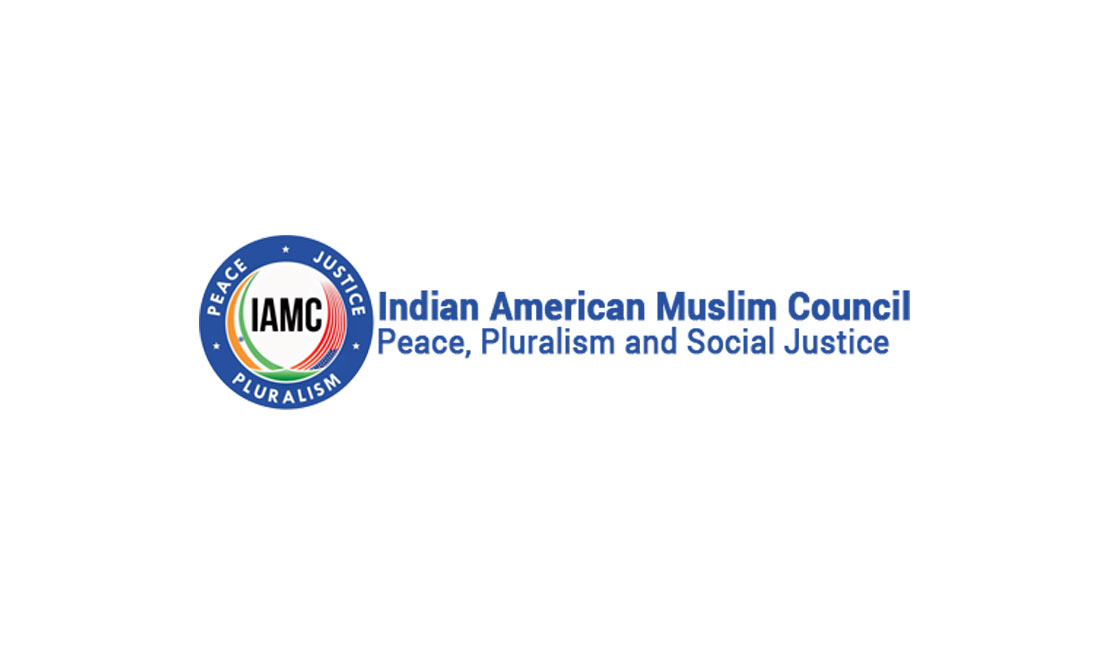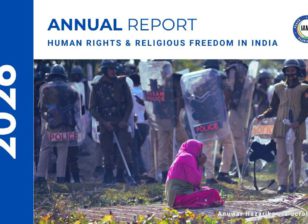Three letters mean a world of a difference – Hinduism is not the same as Hindutva – By Shiv Bailur
Hindutva and Hinduism are completely separate concepts. As a Hindu myself, I thought that this distinction was as clear as separating Islam from Islamist extremism, or Judaism from Zionism. However, protestors of UTM’s recent Dismantling Hindutva Conference claimed that the conference was “anti-Hindu.” It is ironic that the protestors, who were likely devout Hindus themselves, could not tell the difference. Their hostility was misplaced. Hinduism – the oldest existing religion in the world – is practised by 900 million people, the vast majority of which live in India, which is also known as ‘Hindustan’ or the land of the Hindus. Hindutva, on the other hand, is an extreme right-wing Hindu ideology founded by Vinayak Damodar Savarkar in his 1923 book, Hindutva: Who is a Hindu?
Depending on who you ask, Hindutva is either the purest form of Hinduism or its estranged, fascist great-grandchild. Frankly, I see Hindutva as the latter. By far the most dangerous implication of Hindutva is that it brands India as an exclusively Hindu nation when, in actuality – even constitutionally – it is not….
Confusing Hindutva – a concept that is contradictory to the constitutional values of India – with Hinduism undermines the social and political fabrics of its birthplace. Therefore, proud Indians, especially Hindu Indians, must remind themselves and each other as often as possible: Hinduism is not Hindutva.




